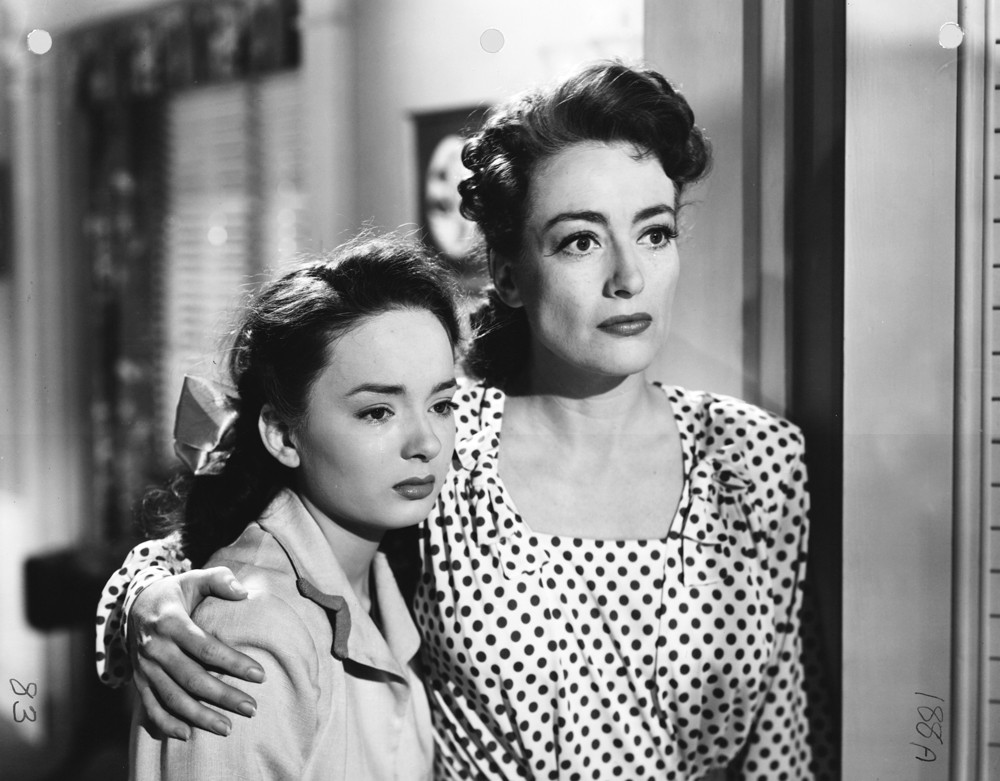“The Grand Shattering”

The biggest change that motherhood has wrought on me is this: whether or not I’m happy is no longer the central question of my life. This disposition is often mischaracterized as selflessness. But if it is in fact selflessness, it isn’t a willed state. I feel the need to care for my son as an itch, an urge. This is what people mean when they describe the rearing of young as a biological necessity. Lest you accuse me of wanting only to usher my own DNA into the future, I’ll tell you a little story.
When my son was almost three, one of my friends sent me a photograph of her newborn daughter. My phone twitched and I pressed the little button and saw the face of a baby in profile, milk-drunk. My breasts tingled with an unmistakable feeling. They were filling with milk. I hadn’t nursed my son in nearly two years. No milk had come in all that time, but now I squeezed my nipples, and milk came out. If there were an earthquake, a bombing, I could nurse the orphans.
For Harper’s, Sarah Manguso writes about her decision to have children after a lifetime of saying she wouldn’t. I liked this piece very much for a lot of different reasons, but I especially liked the way she writes about changing her mind. Lately I’ve found myself expressing an opinion or an emotion and then immediately following it with “but I reserve the right to change my mind,” maybe as an attempt to ward off some kind of moral reckoning; like literally everyone, I hate hearing “I told you so,” and never more than when it comes to really big, life-changing decisions. Like: having kids is a big fucking deal!! Maybe it’s ok to be not ready, or to express ambivalence, or to feel a certain way at one point in your life and a different way at another.
Reading this, I thought of two perfect quotations Katherine Bernard referenced in her excellent essay on The Argonauts, motherhood, and identity (and a lot more):
In The Argonauts, Nelson describes debating with Dodge about what language gives us: “Once we name something, you said, we can never see it the same way again. All that is unnameable falls away, gets lost, murdered.”
“The cause of tragedy,” the philosopher Stanley Cavell writes in an essay on King Lear called “The Avoidance of Love,” “is that we would rather murder the world than permit it to expose us to change.”
Let Sarah’s essay expose you to change here.